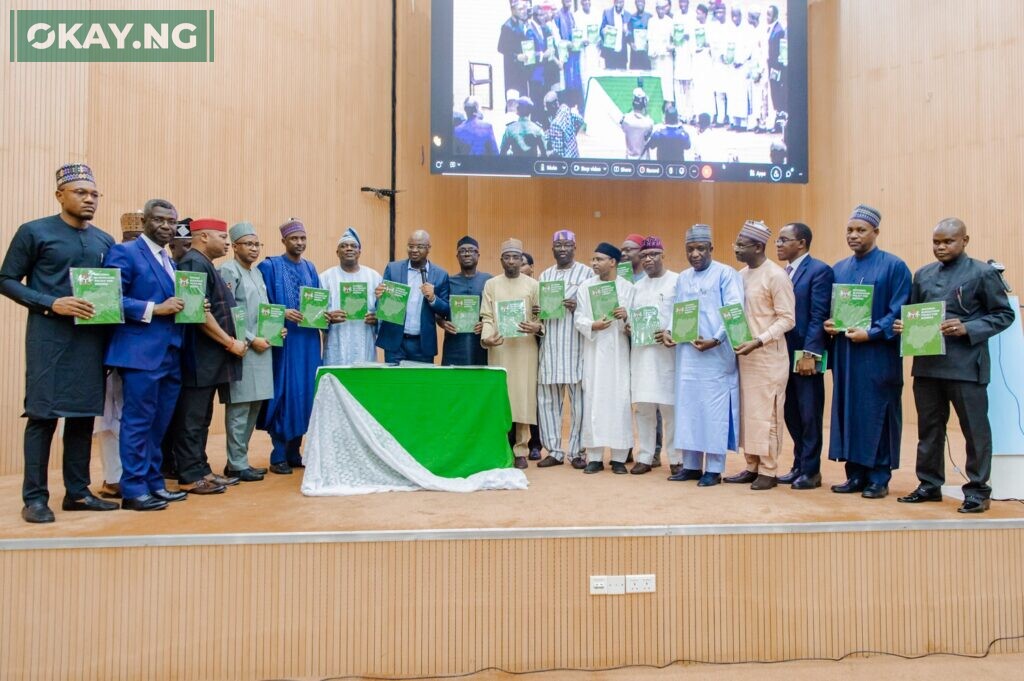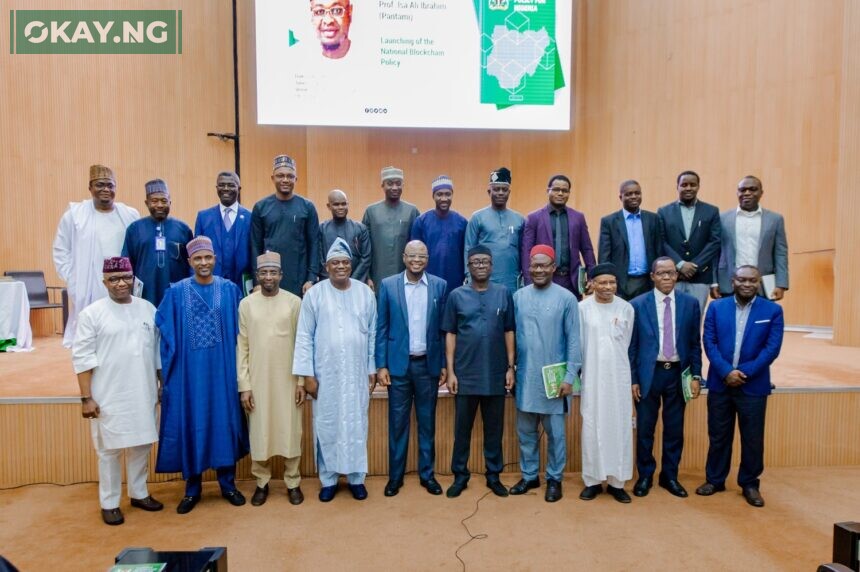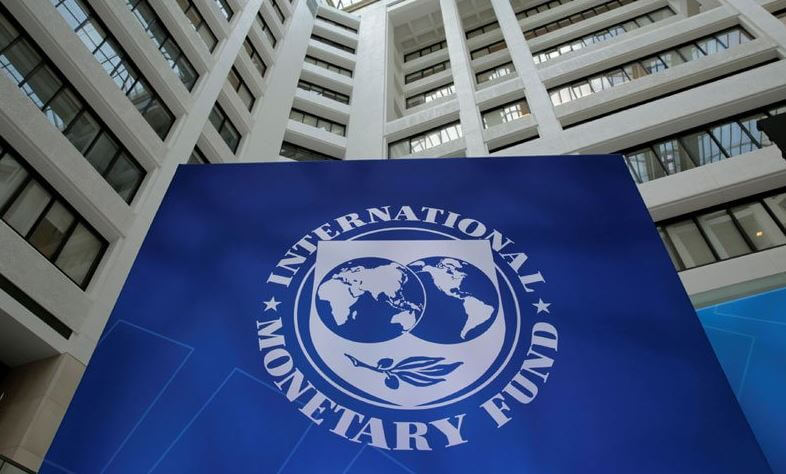In a move aimed at embracing emerging technologies and harnessing their benefits, the Federal Government of Nigeria has unveiled a National Policy on Blockchain Technology.
To oversee the implementation of this policy, an Implementation & Steering Committee has been inaugurated.
The launch of the policy was led by Professor Isa Ali Ibrahim (Pantami), the Minister of Communications and Digital Economy, who emphasized the importance of blockchain technology in positioning Nigeria as a global leader in the blockchain ecosystem.
He highlighted that the journey of blockchain technology in Nigeria officially began on November 28th, 2019, when President Muhammadu Buhari unveiled and launched the National Digital Economy Policy & Strategy (NDEPS) for a Digital Nigeria.

Professor Pantami explained that the seventh pillar of the NDEPS, titled “Digital Society & Emerging Technologies,” is now making significant progress, with blockchain technology being one of the key emerging technologies driving this progress.
He noted, “In order to implement the seventh pillar, we had to develop other policies, including Policy on Artificial Intelligence and Robotics which brought about the establishment of the first-ever National Centre for Artificial Intelligence and Robotics (NCAIR) in Africa, sited here in Abuja. Also, in our efforts to implement the policy, particularly pillar number seven, we developed the National Blockchain Policy for Nigeria.”
The Minister emphasized the significance of blockchain technology to Nigeria’s Digital Economy drive, stating that the Fourth Industrial Revolution has not marginalized the African continent.
He highlighted that Nigeria, along with at least two other African countries, is actively participating in the revolution, which he described as an extension of the third revolution.
The Fourth Industrial Revolution has introduced disruptive technologies such as blockchain, artificial intelligence, robotics, cloud and quantum computing, virtual and augmented reality, autonomous vehicles, biotechnology, 5G, and cybersecurity.
Nigeria’s involvement in these emerging technologies further solidifies its position as a key player in Africa’s technological advancement and the leading startup hub on the continent.
Professor Pantami praised the innovative achievements of Nigerian tech entrepreneurs, citing their exploits as proof of the country’s position.
Regarding the National Blockchain Policy, Professor Pantami confirmed that the policy had been approved on May 3rd, 2023, making all components and types of blockchain technology legal in Nigeria. Prior to the approval, the policy underwent scrutiny by 56 stakeholders and institutions.
Professor Pantami explained, “This policy is to provide an enabling environment for your teeming young population who are mostly digital natives to partake in critical thinking, identify complex problems, come up with solutions for implementation of adoption in Nigeria or any parts of the world.”
Kashifu Inuwa Abdullah, the Director-General of the National Information Technology Development Agency (NITDA), welcomed guests to the launch event and expressed his enthusiasm for Nigeria’s progress toward becoming a digital nation where citizens have access to the latest technology, skills, and a conducive environment to innovate in the realm of blockchain technology.
Inuwa emphasized that the policy represents a significant leap forward and an opportunity to create an enabling environment through investments in talent, technology access, and domestication.
Citing PricewaterhouseCoopers (PWC), Inuwa stated that blockchain technology is projected to add $1.76 trillion to the global GDP by 2030, and Nigeria aims to position itself to benefit from this growth.
“If the policy is implemented, Nigeria can gain up to $4 billion,” Inuwa added.
The launch event also included the inauguration of the National Blockchain Policy Implementation/Steering Committee and celebrated the graduation of 32,022 individuals who underwent training in blockchain technology.
Minister Pantami, who inaugurated the committee, presented certificates to some of the beneficiaries and highlighted that this action aims to build upon the Federal Government’s ongoing initiative.
The committee consists of 29 members, representing critical sectors of the economy.
As part of the ceremony, graduates shared their success stories and expressed their gratitude to the Federal Government, the Ministry of Communications and Digital Economy, NITDA, and the facilitators for providing them with the opportunity to be trained in blockchain technology.












